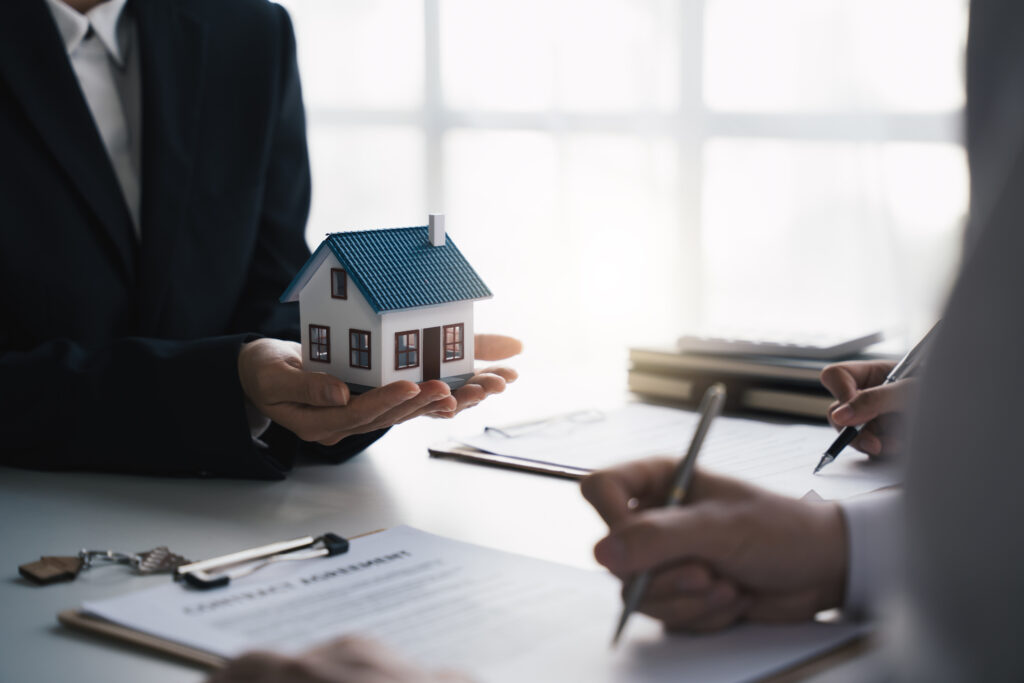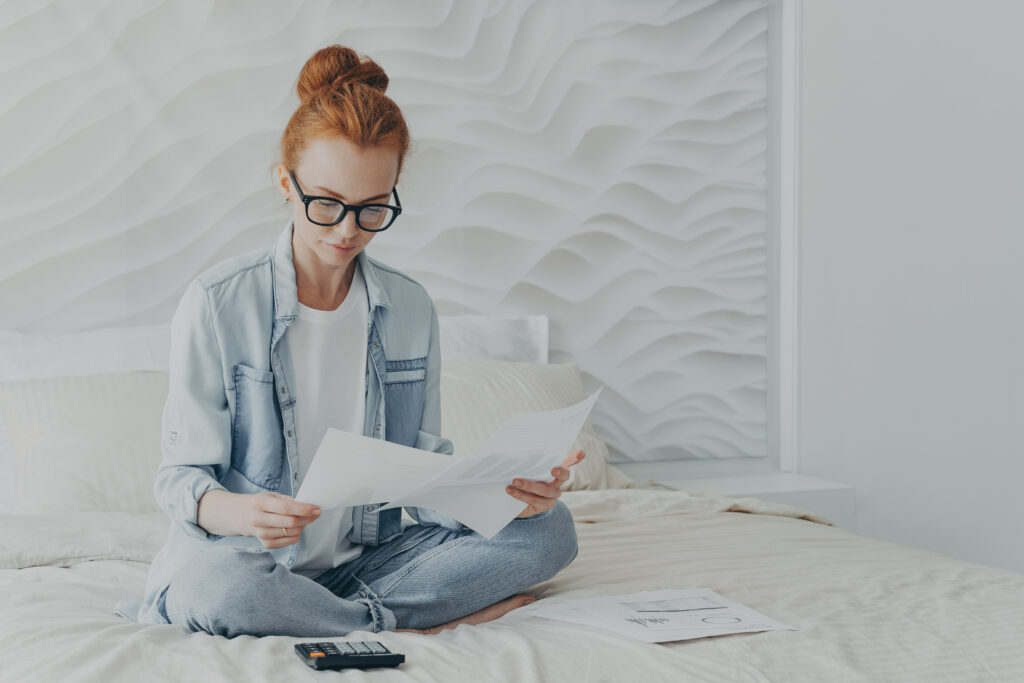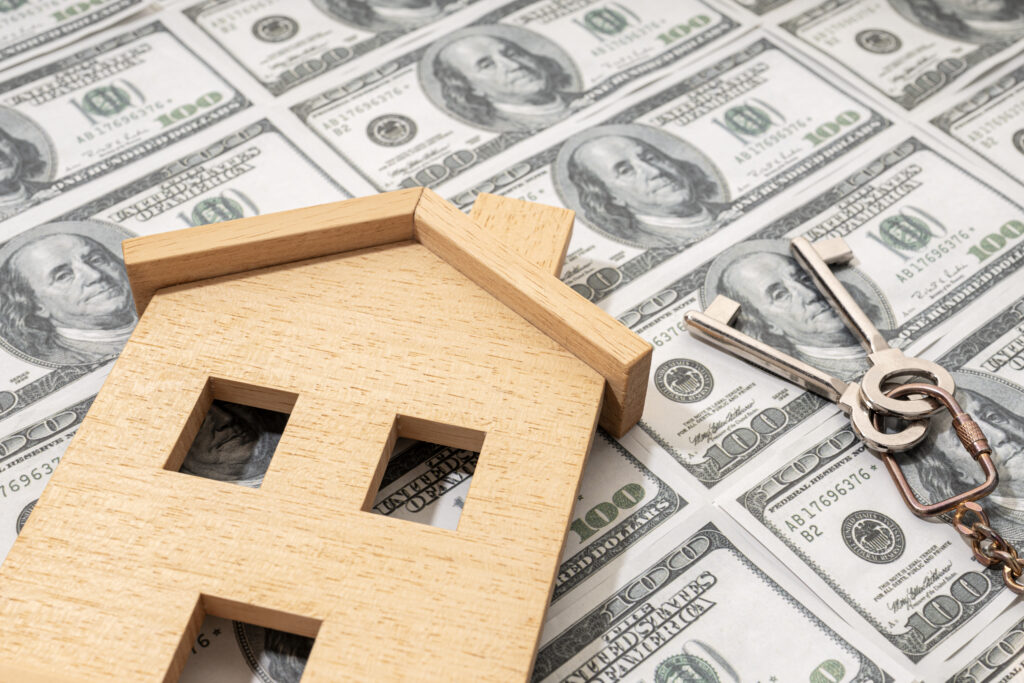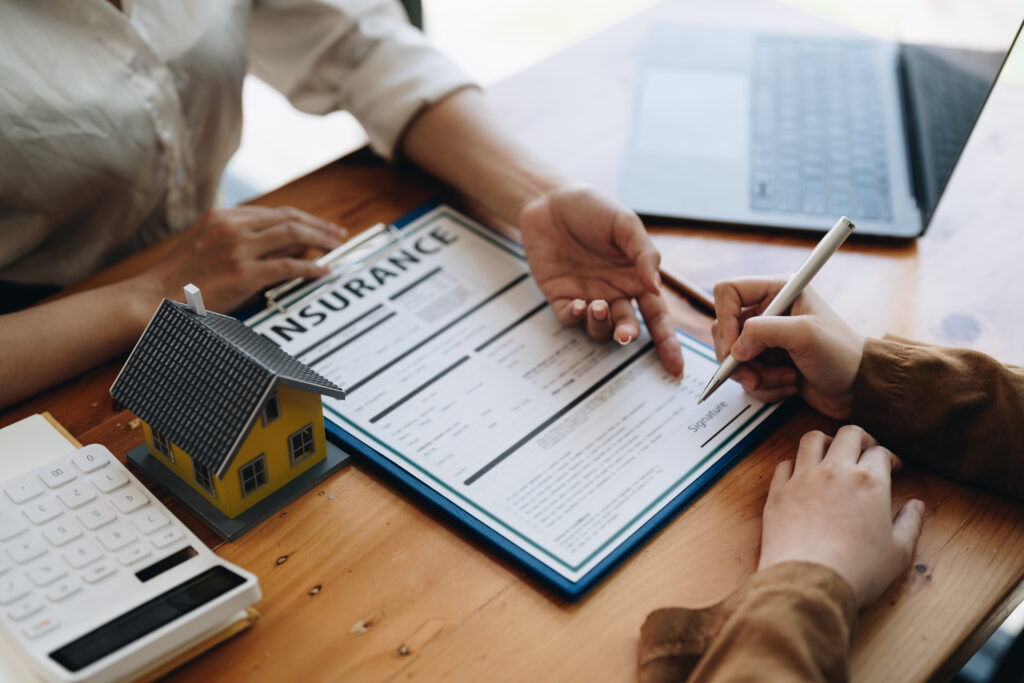Going Solo in the Real Estate Market: Tips for Single Homebuyers
Going solo in the real estate market can be a daunting prospect, but it doesn’t have to be.
Whether you are a first-time homebuyer or an experienced investor, there are several important tips and considerations to keep in mind when going solo in the real estate market.
In this blog post, we’ll explore the key considerations for single homebuyers and provide tips for making the process as smooth and successful as possible. So read on!
The Benefits and Challenges of Buying a Home Solo

Buying a home solo can have its own unique set of benefits and challenges.
On one hand, you have complete control over the decision-making process and don’t have to rely on anyone else’s opinion. This can be liberating, allowing you to make choices that align perfectly with your preferences and needs. Additionally, you don’t have to compromise with anyone else and can choose a home that suits your lifestyle without any restrictions.
However, buying a home solo also comes with its fair share of challenges. One of the biggest challenges is the financial aspect. As a single homebuyer, you may have a smaller budget compared to a dual-income household, which means you have to be more diligent in your financial planning and find creative ways to save money. Moreover, navigating the real estate market can be overwhelming without someone to share the load. From researching neighborhoods to attending open houses, it can be a lot to handle on your own.
How to Determine Your Budget as a Single Homebuyer

When buying a home solo, determining your budget is a crucial step in the process. It’s essential to have a clear understanding of your financial situation to ensure that you can afford the home you desire without putting yourself in a difficult financial position.
To determine your budget, start by assessing your income and expenses. Take a look at your monthly income after taxes and subtract any existing debt obligations or monthly expenses. This will give you an idea of how much you can comfortably allocate towards a mortgage payment each month.
Next, consider additional costs associated with homeownership, such as property taxes, insurance, and maintenance. These expenses can add up quickly, so it’s important to factor them into your budget.
Additionally, think about your long-term financial goals. Are you planning to save for retirement or pay off other debts? Considering these goals will help you determine how much you can allocate towards a mortgage payment while still achieving your other financial objectives.
Once you have a clear picture of your income, expenses, and goals, it’s a good idea to speak with a mortgage lender to get pre-approved for a loan. They can provide guidance on what you can realistically afford and help you understand the different mortgage options available.
Finding the Right Neighborhood for You

When buying a home solo, finding the right neighborhood is essential. It’s not just about the property itself; it’s about the community and the lifestyle it offers. Here are some tips to help you find the perfect neighborhood for you.
First, think about your priorities. What amenities are important to you? Are you looking for a neighborhood with good schools, parks, or restaurants? Consider your lifestyle and what you value in a community. Do you want a quiet and peaceful neighborhood or a vibrant and bustling one? Think about what makes you happy and comfortable, and look for neighborhoods that align with those preferences.
Next, do your research. Use online resources to gather information about different neighborhoods. Look at crime rates, property values, and amenities. Read reviews and testimonials from residents to get a sense of the community’s vibe. You can also visit the neighborhoods you’re interested in to get a feel for the atmosphere and see if it suits your preferences.
Consider your commute. If you work or have other commitments, it’s important to think about the commute time and transportation options in the neighborhood. How far are you willing to travel to get to work or run errands? Factor this into your decision-making process.
Lastly, trust your gut. When you visit a neighborhood, pay attention to how it makes you feel. Do you feel safe and comfortable? Do you envision yourself living there and being happy? Trust your instincts and choose a neighborhood that resonates with you.
The Importance of Hiring a Good Real Estate Agent

Buying a home solo can be an overwhelming process, but having a good real estate agent by your side can make all the difference. Hiring a knowledgeable and experienced agent is crucial for several reasons.
Firstly, a good real estate agent will have in-depth knowledge of the local market and neighborhoods. They will be able to provide valuable insights and guidance on the best areas to consider based on your preferences and budget. They can also help you navigate any challenges or red flags that may arise during the buying process.
Secondly, a good agent can save you time and energy by handling all the legwork for you. From researching properties that match your criteria to scheduling showings and negotiating offers, they will take care of the logistics so you can focus on making the right decision.
Furthermore, a good real estate agent has a strong network of professionals in the industry. They can connect you with trusted mortgage lenders, home inspectors, and insurance agents, ensuring that you have a team of experts supporting you throughout the process.
Lastly, a good agent can be your advocate and negotiate on your behalf. They will use their expertise to ensure you get the best possible deal, whether it’s negotiating the price or addressing any repairs or issues that come up during the inspection.
Navigating the Mortgage Process as a Single Homebuyer

Navigating the mortgage process as a single homebuyer can feel overwhelming, but with the right approach, it can be a manageable and successful experience. Here are some tips to help you navigate the mortgage process as a single homebuyer.
First, it’s essential to research and compare different mortgage options to find the best fit for your financial situation. Look into fixed-rate mortgages, adjustable-rate mortgages, and government-backed loans to determine which option aligns with your goals and budget.
Once you have an idea of the type of mortgage you want, gather all the necessary documentation, such as pay stubs, tax returns, and bank statements. Being organized and having all your paperwork in order will make the application process smoother and faster.
Next, shop around for the best mortgage rates and terms. Reach out to multiple lenders and compare their offers to ensure you are getting the most favorable terms possible. Remember, even a small difference in interest rates can make a significant impact on your monthly mortgage payment and the overall cost of your loan.
Don’t be afraid to ask questions and seek clarification during the mortgage process. This is a big financial decision, and you want to make sure you fully understand the terms and conditions of your loan. If anything is unclear, reach out to your lender or mortgage broker for clarification.
Finally, consider getting pre-approved for a mortgage before you start house hunting. This will give you a clear understanding of how much you can afford and strengthen your position as a buyer. Pre-approval can also give you an advantage in competitive real estate markets, as sellers may view you as a more serious buyer.
Protecting Yourself with Home Inspection and Insurance

When buying a home solo, it’s important to protect yourself by conducting a thorough home inspection and obtaining the right insurance coverage. These steps can provide you with peace of mind and protect your investment in the long run.
Firstly, hiring a qualified home inspector is crucial. They will examine the property from top to bottom, identifying any potential issues or areas of concern. This includes checking the structural integrity, plumbing and electrical systems, roof condition, and more.
By having a professional inspection done, you can uncover any hidden problems that may not be visible to the naked eye. This information will empower you to make an informed decision about whether or not to proceed with the purchase, negotiate repairs, or adjust the purchase price.
In addition to a home inspection, it’s essential to obtain the right insurance coverage. Homeowners insurance provides financial protection in the event of unexpected damage or loss, such as fire, theft, or natural disasters. It also covers liability in case someone gets injured on your property. Shop around for insurance policies that offer the right level of coverage for your specific needs and budget. Be sure to read the fine print and understand what is and isn’t covered.
Ready to sell your property? Give us a call today and learn more about our professional photography services and marketing that can boost your property listing!
Plus, explore our virtual assistant coaching program to level up your business. Don’t forget to tune into our new podcast for even more valuable insights!
